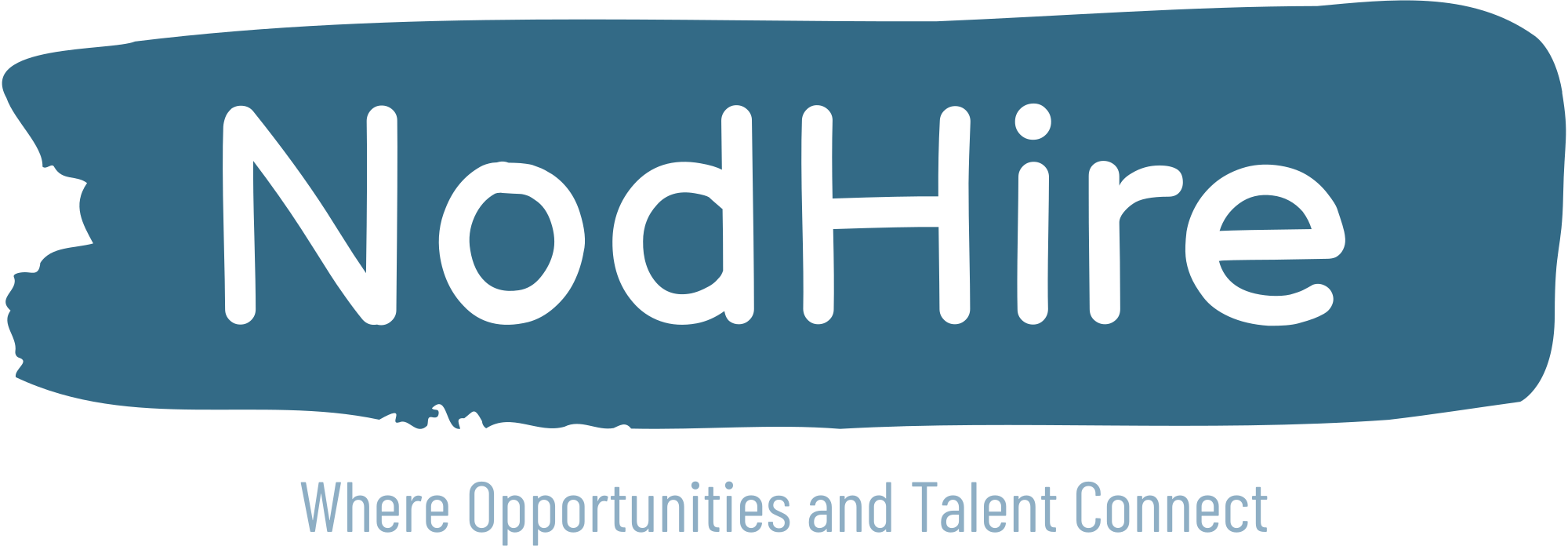The Do’s and Don’ts of Interviewing: How to Ace Your Next Interview
Interviews can be both exciting and nerve-wracking. They are a critical step in the job application process, offering you the opportunity to showcase your qualifications and fit for the role. Understanding the essential do’s and don’ts of interviewing can significantly enhance your chances of making a positive impression and securing the job. This comprehensive guide will provide you with practical advice on how to navigate interviews successfully.
Do: Prepare Thoroughly
Preparation is key to a successful interview. Research the company, its culture, and the role you’re applying for. Understand the job description and match your skills and experiences to the requirements. Prepare answers to common interview questions and think of specific examples that demonstrate your accomplishments and problem-solving abilities. Practice your responses to ensure you can articulate your points clearly and confidently.
Don’t: Arrive Unprepared
Arriving unprepared can undermine your chances of success. Avoid going into the interview without knowledge about the company or the role. Failing to prepare questions to ask the interviewer can also signal a lack of interest. Review your resume and be ready to discuss any aspect of it. Lack of preparation not only affects your performance but also conveys a lack of enthusiasm for the position.
Do: Dress Appropriately
First impressions matter, and your appearance plays a crucial role. Dress in professional attire that is appropriate for the company’s culture and the role you’re applying for. Opt for business formal or business casual based on the company’s environment. Ensure your clothes are clean, well-fitted, and free of wrinkles. Dressing appropriately demonstrates respect for the interview process and your seriousness about the job.
Don’t: Dress Too Casually
Dressing too casually can negatively impact your interview. Avoid wearing overly casual or inappropriate attire, such as jeans, t-shirts, or sneakers, unless you are certain the company’s culture supports it. Your appearance should reflect your professionalism and readiness for the job. Dressing inappropriately can create a poor first impression and detract from your qualifications.
Do: Exhibit Good Body Language
Positive body language can reinforce your interest and confidence. Maintain good posture, make eye contact, and offer a firm handshake. Smile and nod to show engagement and enthusiasm. Pay attention to your non-verbal cues, as they can convey confidence and professionalism. Active listening is also important; show that you are attentive and responsive to the interviewer’s questions and comments.
Don’t: Exhibit Negative Body Language
Negative body language can undermine your interview performance. Avoid slouching, crossing your arms, or appearing disinterested. Fidgeting or avoiding eye contact can be interpreted as a lack of confidence or discomfort. Pay attention to your body language to ensure it aligns with the positive impression you want to convey.
Do: Answer Questions Clearly and Concisely
Clarity and conciseness are essential when answering interview questions. Focus on providing clear, well-structured responses that directly address the question asked. Use specific examples from your past experiences to illustrate your points. Avoid rambling or going off-topic. Practice articulating your thoughts in a structured manner to communicate effectively.
Don’t: Ramble or Go Off-Topic
Rambling or providing irrelevant information can detract from your main message. Avoid long-winded answers or stories that don’t directly relate to the question. Stay focused on the question and ensure your responses are relevant and to the point. Rambling can make you appear unfocused and may cause the interviewer to lose interest.
Do: Ask Insightful Questions
Asking thoughtful questions demonstrates your interest and engagement. Prepare questions that reflect your research about the company and the role. Inquire about the company culture, team dynamics, and growth opportunities. Asking insightful questions not only shows your enthusiasm but also helps you determine if the company is the right fit for you.
Don’t: Ask Questions About Salary or Benefits Prematurely
Discussing salary or benefits too early in the interview process can be premature and may create a negative impression. Focus on understanding the role and the company before discussing compensation. Save salary and benefits questions for later stages of the interview process or when an offer is made. Premature discussions about compensation can make it seem like you are more interested in benefits than the role itself.
Do: Follow Up with a Thank-You Note
Sending a thank-you note after the interview is a professional courtesy that reinforces your interest in the position. Express your appreciation for the opportunity to interview and briefly recap why you are a good fit for the role. Send your thank-you note within 24 hours of the interview to ensure it is timely and reinforces your enthusiasm.
Don’t: Neglect to Follow Up
Failing to follow up after the interview can be perceived as a lack of interest. Neglecting to send a thank-you note may result in missed opportunities to further solidify your candidacy. Following up is an essential step in the interview process and helps you remain top of mind for the interviewer.
Conclusion
Mastering the do’s and don’ts of interviewing can significantly enhance your chances of success. Preparation, appropriate dress, positive body language, and clear communication are crucial elements of a successful interview. By avoiding common pitfalls and focusing on demonstrating your qualifications and interest, you can make a strong impression and improve your chances of landing the job.
